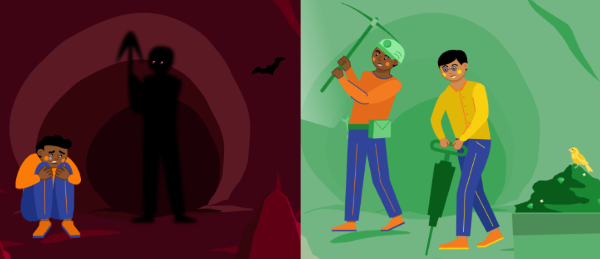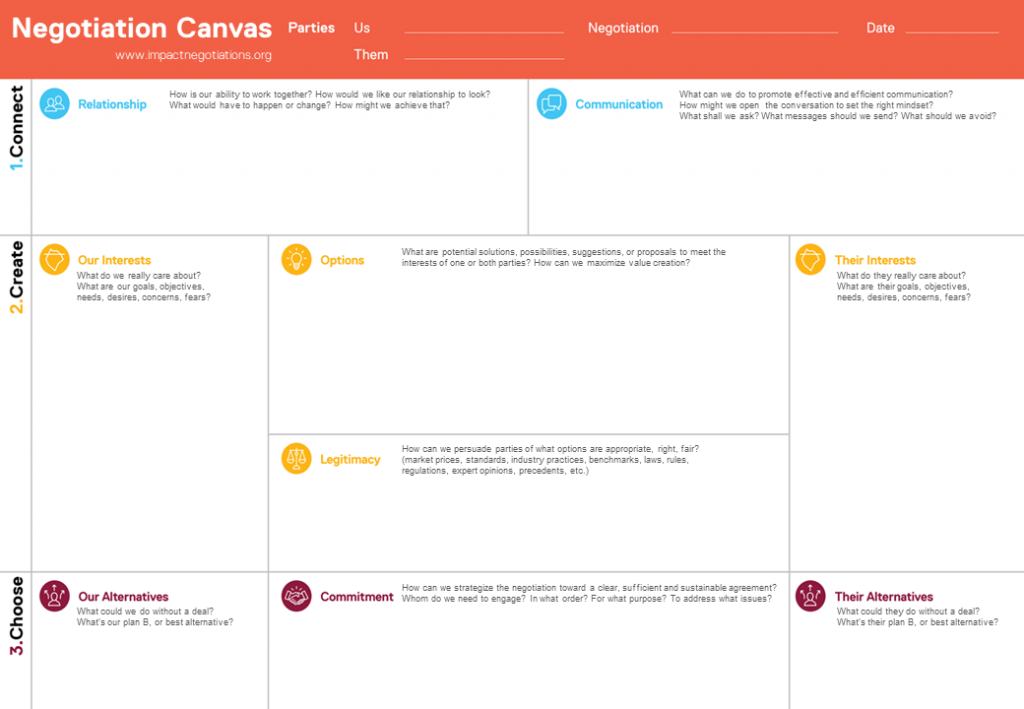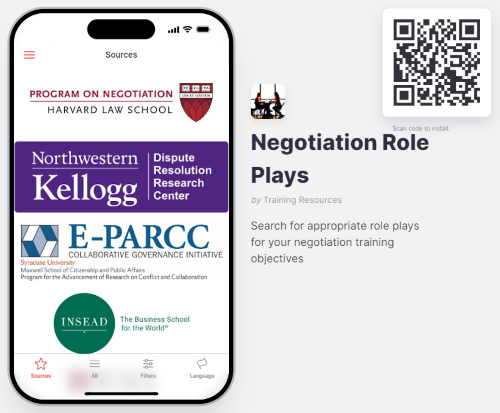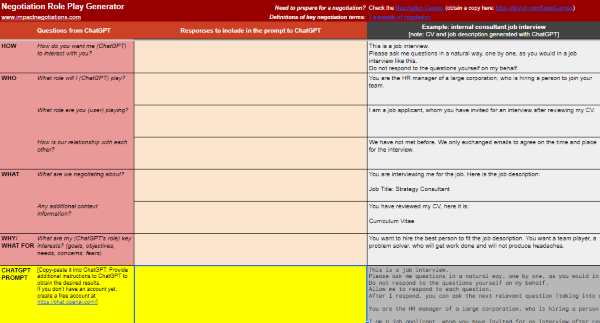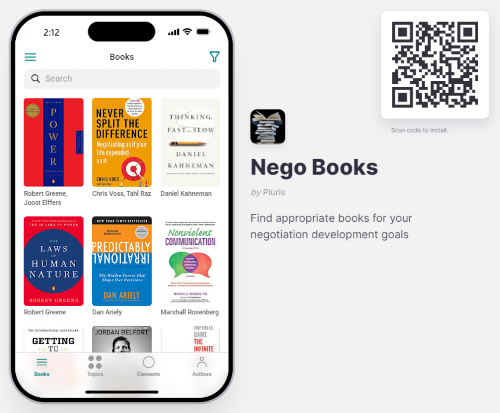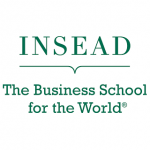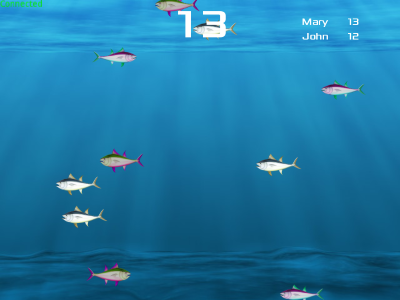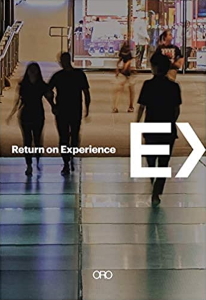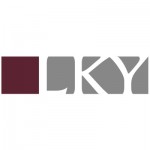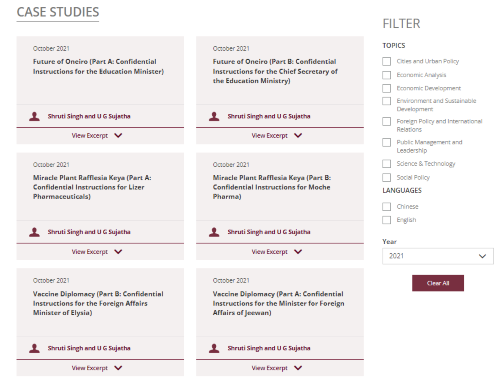Want to reflect on common assumptions we make about negotiations and our development as negotiators? Take the Assumptions Menu questionnaire.
What assumptions would you add to it?
“Whether you think you can or think you can’t, you’re right”
is one of my favorite quotes, attributed to Henry Ford. 💭
It sums up the importance of choosing our mindsets wisely, as they become self-fulfilling prophecies: assumptions shape our actions, actions shape our results, and results shape our assumptions. 🔄
The good news is that it is our choice to be VICTIM or AUTHOR.
Let’s:
a) challenge limiting mindsets (I am not able, my capabilities are fixed, I am a victim of the world and there is nothing I can do) and
b) adopt empowering mindsets (I can do it, I can improve, I am the author of my life and can work to shape the world) 🎯
If I don’t believe I can run a marathon, I am unlikely to train, or even to sign up for one – making my limiting belief a reality.
If I believe I can, I will sign up for a marathon, get a training plan and maybe a coach, join a running group, train well, eat well, rest well, start the marathon, hydrate, fuel up, persist… – and make my empowering belief a reality. 🏃🏃🏃
If I believe I cannot negotiate something, I am unlikely to prepare for it, or even to start negotiating.
If I decide I can, I will set appropriate goals, gather a team, develop capabilities, prepare, and work as necessary to achieve them. 💪
Let’s negotiate our ‘Negotiations Impossible’!

